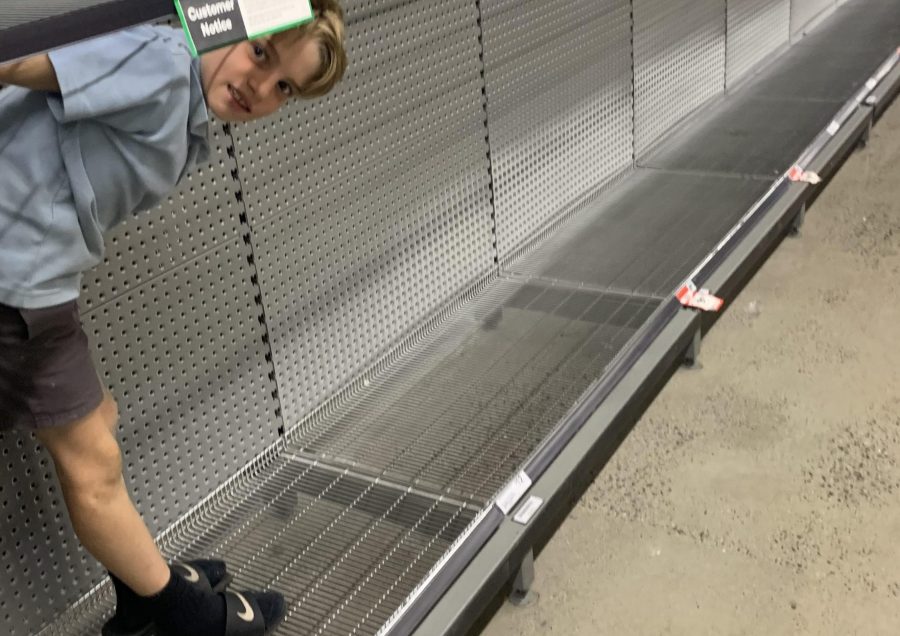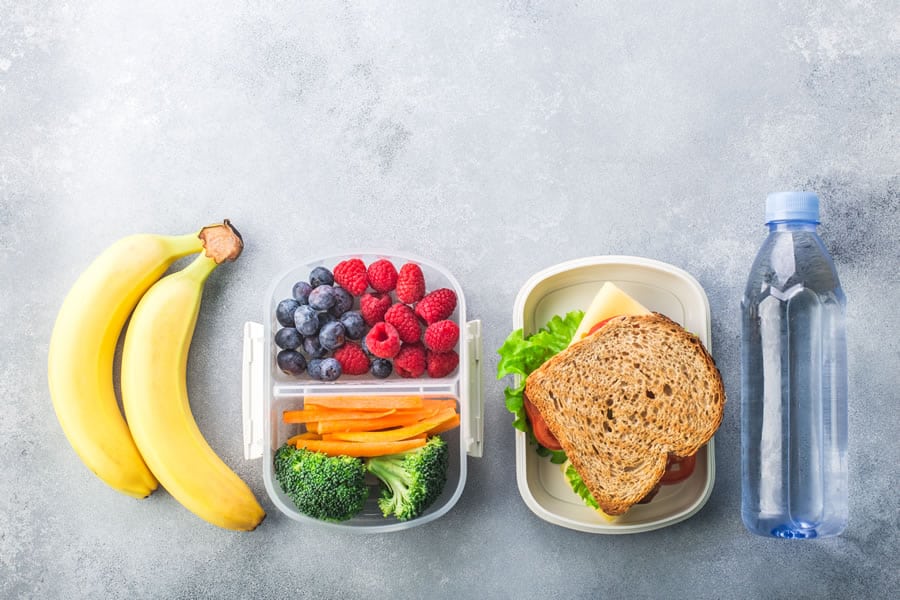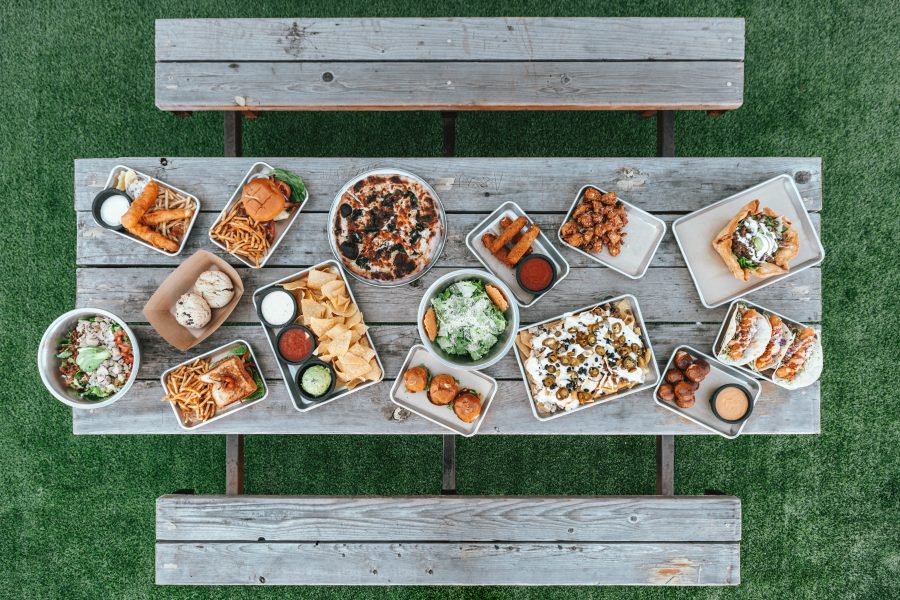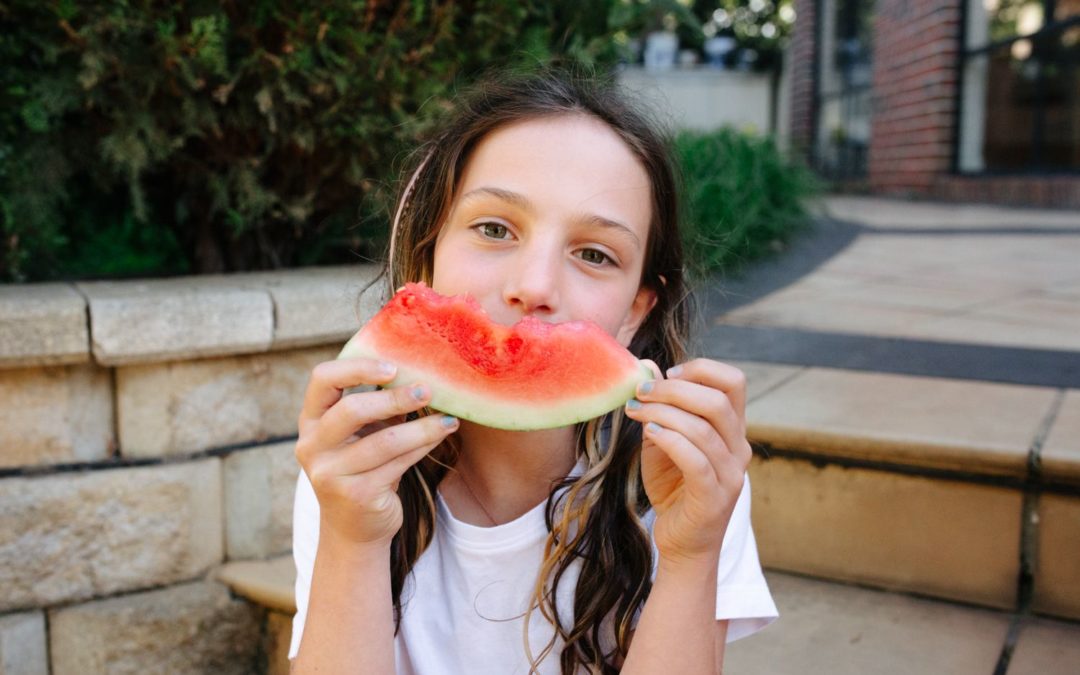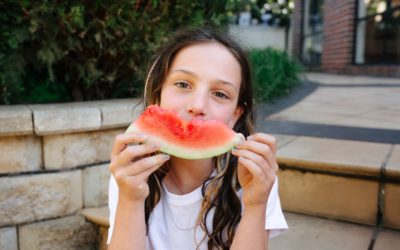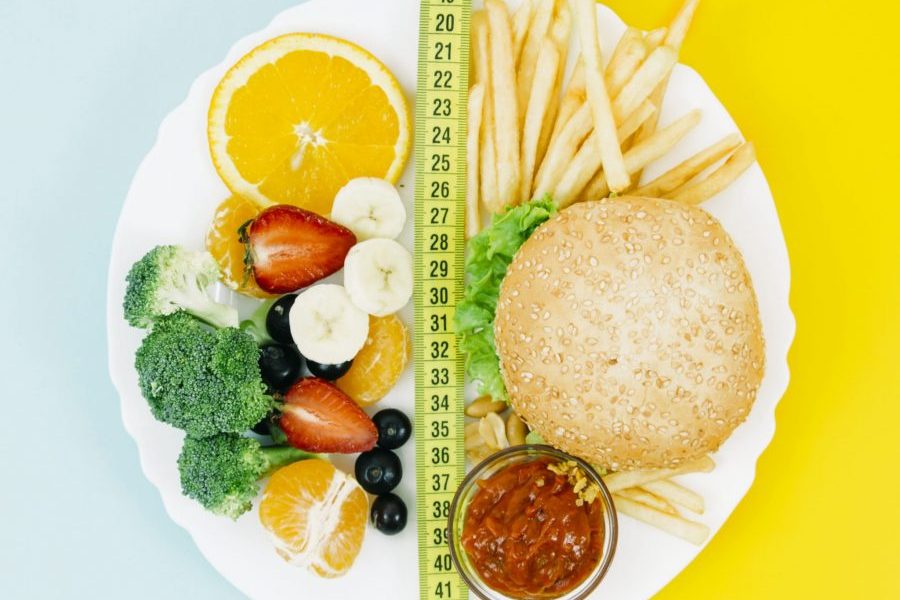We are currently living in a state of uncertainty. Some people unwell, many living in isolation, some with children at home for extended periods of time, some facing loss of income and many other situations. The unknown is scary, and the fear and panic can lead us to behave in unusual ways, for example stockpiling toilet paper.
Amoungst the recommendations of hygiene and social distancing, we are also being reminded to stay active and healthy. This can be hard to do, at the best of times, and even harder during times of stress and high anxiety. But taking care of yourself, will help us all cope a little more in these rapidly changing, difficult situations.
So here are some tips for trying to stay active and healthier, whilst being community minded and socially considerate, during these uncertain times.
Buy a little extra but not more than what you need (but do shop less)
Please stop panic buying. The supermarkets are stocking daily. And there are now opening timing and delivery available for vulnerable shoppers. The fear of the unknown is hard, but we need to calm down for the sake of everyone. The supermarkets are not closing, there is enough food. If we take a community approach, we can get through this together.
Victorian premier, Dan Andrews, suggested having a little extra non-perishable but once that is done, to go back to regular shopping. Stocking up is hurting our most vulnerable people. Think of an older person, who only gets out once a week to shop, and many of the items they need are not there. They can’t just pop back tomorrow (and actually nor should we right now). Think of a child who is highly sensory with a current limited range of accepted food which are now not available.
Think about what you actually need?
We are 6 people and if we firstly make a conscious effort to use less toilet paper, I think one to two rolls per week is enough. So a pack of 8 or 16 is enough for at least a month or two, maybe more. (And FYI, paper towels, wipes and tissues are not flushable).
Once you have a small extra amount of toilet paper (or pasta, or frozen veg), let others have some. They are stocking supermarkets everyday, and if people stopped stockpiling there would be enough (because there used to be and we produce much more than we consume, as so much goes into food waste). We don’t need 3 months supply of anything. Calm down.
However, you do want to be shopping fewer times per week as that is less people in the markets, bakeries and supermarkets. So buy a little bit more to last maybe a week, but do share. (I have always bought for a week, so nothing changes for me, but I know lots who shop almost daily and you want to try and reduce this)
Get creative
So you go to get pasta and there is none? Wanted to make a lasagna but no meat? So we need to get a bit creative and flexible with our cooking and eating, whilst still trying to eat a variety of nutrients. So here is a list of food groups and some hopefully helpful swaps or what to buy instead to get similar nutrients. Just choose something else from within the group as a subsitute.
Dairy: fresh milk (can be frozen), powdered milk, UHT milk. If you can’t find cows milk, this might be a time to try a non dairy milk (just make sure it is fortified with calcium by reading the ingredients list).
Meat and meat alternatives: many places meat is getting hard to find. If they have something you don’t normally cook with (this happened to me), chat to the butcher about how to use that cut of meat. Or it might be time to try adding some tinned or dried beans (read the labels on the dried beans as you may need to soak overnight before cooking). Lentils or red kidney beans work great in place of meat for most things (no need to brown it before cooking). Or it might be time to try some marinated tofu in your stir fry? Some recipes using legumes click here.
Eggs (can be frozen). Can’t find eggs and want to bake something? Make a chia egg (1 tablespoon of chia seeds mixed with 3 water), buy some egg replacer (health food section of supermarket) or even use a mashed banana.
Fish (fresh, canned or frozen) are also in this food group. Also nuts and seeds. Peanut and nut butters. Seeds and nuts on your salad, toast, cereal or in your smoothies. Fish recipes click here.
And if you are caring for someone vulnerable and worried about their intake, you might want to think about a formula like sustagen.
Fruit: Fresh, canned and frozen – all great! Or look for dried also (just remember that one sultana is a grape). You can also freeze things like bananas and berries for yourself. Or stew up some apples and then freeze them.
Veg: I repeat, fresh, canned and frozen – all great! Plenty of fresh veggies still around and if you can’t find frozen: you can cook up some soup or extra veggie containing meals and freeze them. You can also cook some spinach or pureed veg and freeze in containers or ice cube trays. Can’t get tinned tomatoes, try pasta sauce (or vise versa). Or blitz some fresh tomatoes with some Italian fresh or dried herbs to use or freeze. Or look for tomato soup?
Grains: Whilst rice, flour and pasta is being restocked daily, sometimes you go to the shelf and what you want is not there. You may be able to try an alternative. So you usually use wholemeal and can only find white, it’s okay to use it! Other wholegrains include oats (you can grind this into a flour to use), cereals (again your top pick might not be there but hopefully something close is), quinoa (if you can afford it, cooks just like rice) or couscous or polenta (my daughter loves this and there should be cooking instructions on the packet). Or grab a humble potato or sweet potato and steam or roast it up and pop your pasta sauce on that!
Not in the above: The above is all about feeding our body, but sometimes we also want to feed our heart and our souls. There is still lots of variety of chocolate on the shelves so you can hopefully choose what you like.
Flexible meal planning
Now I do like to meal plan, and it does make me feel a little calmer in high stress times but at the moment, some flexible meal planning might be needed.
Before you head to the shops take a good inventory of what you have. Your plan might say meat bolognaise on Monday, burgers on tuesday and omelette on Wednesday, but once shopping, be ready to be flexible (and use the above food groups to see what you can buy instead).
So on Monday you want spaghetti bolognaise which is actually a protein (ideally beef but can be replaced with lentils or chicken mince or even beef chunks or baked beans) and a grain (ideally pasta but you could do it on pancakes or rice or on a baked potato). Tuesday burgers might be meat, chicken or tofu and might be served on a wrap or a roll.
Now for children who are fussier eaters, this is a tad harder for them. But keep putting that safe food on there and deconstructing the meals so they can choose what goes on their plate. The ‘what’ might change but nothing else does. Read more here and here. Older children you might be able to reason with them that you were unable to buy the brand they usually have but discuss with them “how can we won’t together with what we have?”
Please don’t waste
Don’t think, oh this is non-perishable so I’ll stock up on it. Even non-perishable food has a best before date (it is just longer than fresh food). Buy tuna if you are going to eat it! Don’t stock up food you won’t eat. In a few months, when this is all over, it will be so disappointing if that tuna ends up in the bin, when some who wanted it, couldn’t buy it.
And rotate your supplies. If you have 3 bags of pasta that you haven’t yet eaten, eat them first and then buy more. When you are down to a bag and you want to buy more, eat the older pasta before the newer pasta!
Remember to eat more perishable fruits and veggies first.
Fruit and veg to eat first (as they spoil sooner): ripe fruit and veg like avocado and bananas. Berries (store in fridge). Asparagus, corn, baby spinach and broccoli.
Fruit and veg with medium fridge life include cucumbers, lettuce, mushroom, capsicum (keep in fridge) and tomatoes (keep in fridge, but can move to bench top a couple days before eating for more flavour).
Fruit and veg which will last longer (and how to store them for longer life): apples, oranges, carrots, cabbage, celery, onions and garlic stored in the fridge. Potatoes, sweet potatoes and whole, unopened pumpkins in a dry, dark place.
Tip: buy some ripe and not yet ripe avocado and bananas so you have some for now and some for later. Store bananas away from other fruit, as they will ripen nearby fruit.
Sad fruit and veg? Here are our tips to use them up and not waste them.
Buy local
I went to the fruit shop today and got eggs, which were not available in the nearby supermarket. I also got mince from the local butcher. Not only do the local stores have a good stock of food, they also need our support. Times of uncertainty are tough on small business.
Is this an opportunity for more time around the table and more exposures to food?
So whilst this time of uncertainty is stressful and uncomfortable, I have noticed that we have more time for family meals, as we are not rushing off to activities. More time at home, also means more looking for things to do. So it might be time to try and create more calmer family mealtimes (read more here), to play more with food (read here) or to get cooking with your kids (guide here and kids safe knifes available here).
Stay active
Whilst many classes might have closed down, you can still go for a jog, a bike ride or walk the dog. Set up an obstacle course in the lounge room or back yard or go and shoot some hoops. There are also lots of online sites where you can follow along in a yoga class, do some stretches or dance in your living room. Kids Unlimited have some active lessons in their virtual programs (info here).
Have you seen the images of people on their balconies all stretching together in Europe?
You might have to change a little from what you have been doing, but try and stay active with your family in ways you still can.
Practice gratitude
Been into the shops recently and been able to find milk and pasta and felt grateful? Suddenly we are missing things we used to take for granted and grateful for things we never thought about before.
I was listening to The Resiliance Project audio book and for improved mental health, they reccommended finding happiness through gratitude, empathy and mindfulness (being present).
And remember to give yourself a break
In times like these, meals might be less ‘perfect’ and screen time might be more, but that’s okay and to be expected in stressful times. We are all trying to adjust in these uncertain times. We just have to keep going.

